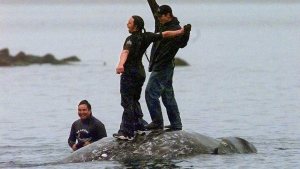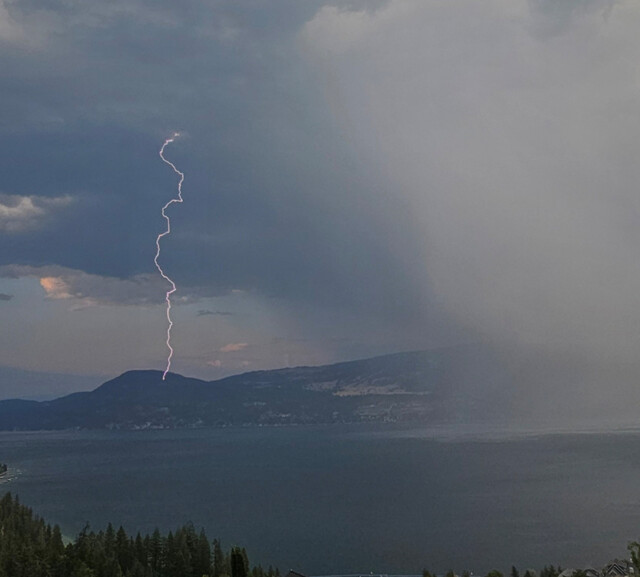The Makah Tribe of Washington state may soon resume their traditional practice of hunting whales, as the United States government has waived a conservation law that has been in place for over 20 years.
The Makah Tribe, located in the northwestern corner of Washington state, has a deep cultural and spiritual connection to the ocean and the whales that inhabit it. For centuries, they have relied on whale hunting as a means of sustenance and cultural preservation.
However, in 1999, the Makah Tribe voluntarily stopped hunting whales after the gray whale was listed as an endangered species under the Marine Mammal Protection Act (MMPA). This decision was made in an effort to conserve the dwindling population of gray whales.
Since then, the Makah Tribe has been working with the National Oceanic and Atmospheric Administration (NOAA) to develop a management plan that would allow them to resume their traditional whale hunting practices while also ensuring the protection of the gray whale population.
After years of negotiations and discussions, the U.S. government has now granted the Makah Tribe a waiver from the MMPA, allowing them to hunt up to 20 gray whales over a period of 10 years. This decision was made after careful consideration of the tribe’s cultural and subsistence needs, as well as the current status of the gray whale population.
The Makah Tribe has expressed their gratitude for the waiver, stating that it is a crucial step towards preserving their cultural heritage and way of life. They have also emphasized their commitment to responsible and sustainable hunting practices, which will be closely monitored and regulated by the NOAA.
However, this decision has been met with criticism from animal rights activists and environmental groups, who argue that the gray whale population is still at risk and that the waiver sets a dangerous precedent for other indigenous communities to hunt endangered species.
Despite the controversy, the Makah Tribe remains steadfast in their belief that their traditional whale hunting practices are an integral part of their culture and identity. With the waiver in place, they can now continue their centuries-old tradition while also contributing to the conservation of the gray whale population.
This decision marks a significant moment for the Makah Tribe and serves as a reminder of the importance of balancing cultural preservation with conservation efforts. As the Makah Tribe prepares to once again take to the ocean to hunt whales, the world will be watching to see how this delicate balance will be maintained.




